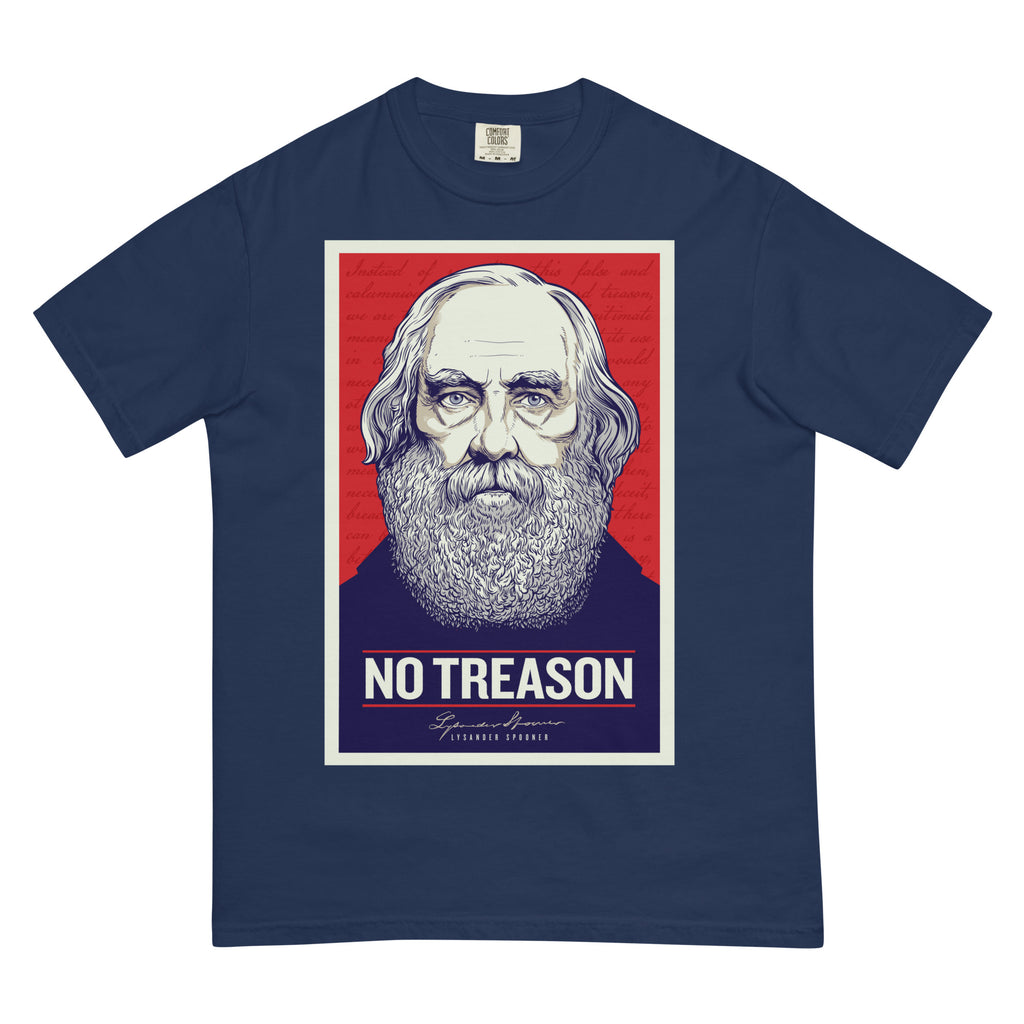Every piece I’ve bought has held up, looks great, and is actually comfortable to wear—can’t say that about a lot of brands. I’m hooked. Nothing else I’ve found comes close.
Browse Categories
Add description, images, menus and links to your mega menu
A column with no settings can be used as a spacer
Link to your collections, sales and even external links
Add up to five columns
Add description, images, menus and links to your mega menu
A column with no settings can be used as a spacer
Link to your collections, sales and even external links
Add up to five columns
Auberon Herbert | The Voluntaryist
Auberon Edward William Molyneux Herbert (1838-1906) was a British writer, philosopher, and politician who is best known for his contributions to the development of the philosophical and political ideology of voluntaryism. Herbert was a prominent figure in British society in the late 19th and early 20th centuries, and his ideas had a significant influence on the political and social debates of the time.
Herbert was born into a wealthy and influential family in 1838. He was educated at Oxford University, where he studied classical literature and philosophy. After graduation, Herbert traveled extensively and spent several years living abroad in countries such as France and Italy. He returned to England in the 1870s and began to participate in the public debate about political and social issues.
One of the main ideas that Herbert developed and promoted was the concept of voluntaryism, which holds that all human interactions should be voluntary, and that the initiation of force or coercion is morally wrong. Herbert argued that individuals have the right to make their own choices and to be free from coercion or interference from others. He believed that voluntary interactions were more likely to lead to mutual benefit and prosperity than exchanges that were imposed by force or coercion.
Herbert's ideas about voluntaryism were influenced by the classical liberal philosophers of the Enlightenment, such as John Locke and John Stuart Mill, who argued for the importance of individual freedom and the protection of individual rights. Herbert also drew inspiration from the ideas of individualism and libertarianism, which both place a strong emphasis on personal freedom and the protection of individual rights.
In addition to his work on voluntaryism, Herbert was also involved in the political and social debates of his time. He was a strong advocate for liberal causes such as free trade and the abolition of slavery, and he was critical of the increasing power and influence of the state in British society. Herbert was a member of the Liberal Party and served as a member of Parliament from 1874 to 1880.
During his career, Herbert wrote and published a number of books and articles on a wide range of subjects, including philosophy, politics, economics, and social issues. Some of his most notable works include "The Right and Wrong of Compulsion by the State," "The Voluntaryist Creed," and "The Man versus the State." In these works, Herbert argued for the importance of individual freedom and personal responsibility, and he criticized the use of state coercion to achieve social and political goals.
Herbert's ideas about voluntaryism and individual freedom were controversial and often drew criticism from those who believed in the importance of state intervention in social and economic affairs. However, his ideas also had a significant influence on the political and social debates of his time, and they continue to be discussed and debated by philosophers and political theorists today.
Overall, Auberon Herbert was a significant figure in British society in the late 19th and early 20th centuries. His ideas about voluntaryism and individual freedom had a significant influence on the political and social debates of his time, and they continue to be relevant and influential today. Herbert's contributions to the development of voluntaryism and his commitment to individual freedom and personal responsibility make him an important and enduring figure in the history of philosophy and political thought.
Reviews
Finally, a brand that’s got some guts! I ordered a shirt just for laughs, but now I’m back getting them as gifts for the whole family. No cheap prints or lame designs—this is the real deal.

My husband loved it. One shirt had to be exchanged, but it was easy. Will buy again.

Tiger stripes! Another cool manics shirt. Thanks guys!

Savage designs. I occasionally wear my shirts to work under another shirt and smile. They finally have really nice heavy tees that don't feel stiff. I didn't like their old zip hoodies because they were too lightweight and made by American Apparel, but now they have heavier ones that hold up.

Great quality. Most ‘patriotic’ gear is all flash, no quality, but not Liberty Maniacs. They’re clever, sharp, and have a sense of humor without being tacky. Proud to wear this stuff.

Super soft and insanely comfortable! I love my shirt, and my husband loves his hoodie… or should I say my new hoodie since I keep ‘borrowing’ it while he’s at work. It's definitely our favorite brand now.

Nice quality, soft cozy material.
Will definitely buy more. Shipping came on time. The sizing was good, and I got a ton of compliments on it.

This shirt? Chef’s kiss. Rocked it around town, and let’s just say it got some looks—can’t argue with launching a few politicians via catapult. Soft as hell material. 10/10

Great fit and quality as always!

I've learned to be more discriminating about the companies I buy from. I've been happy with both orders. Keep up the good work.

Liberty Maniacs nails it with the patriotic gear. I got the shirt with Lysander Spooner, and it’s hands down my new favorite. Not only is the design legit, but it actually feels like a shirt I want to wear (super soft, if you’re wondering). Plus, half the fun is when someone recognizes it. Can’t wait to see what other historical gems they come out with!

Subscribe
Sign up to get the latest on sales, new releases and more …







